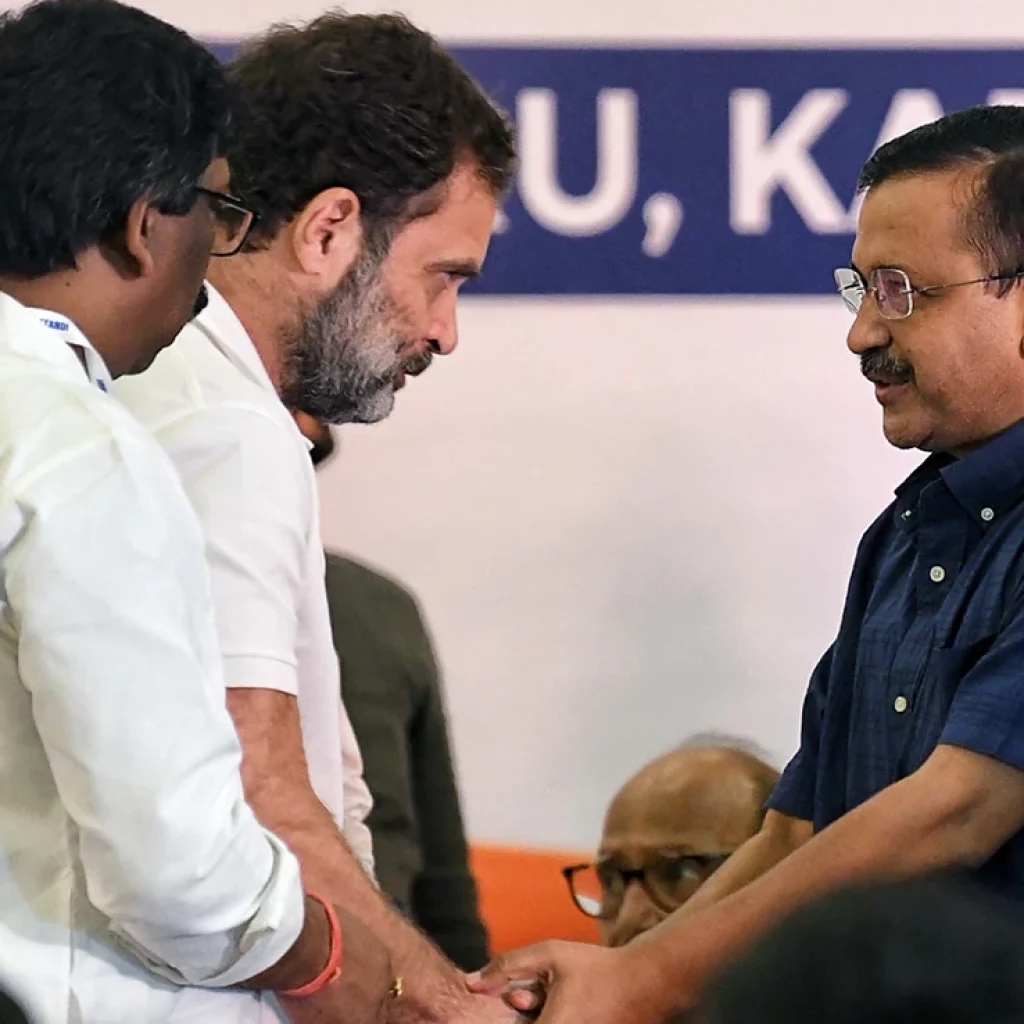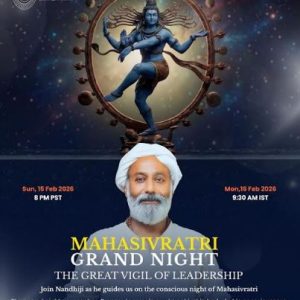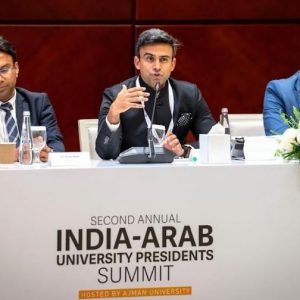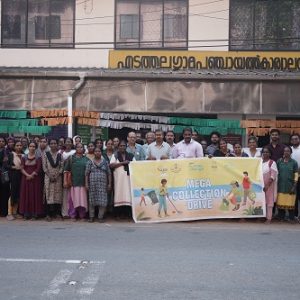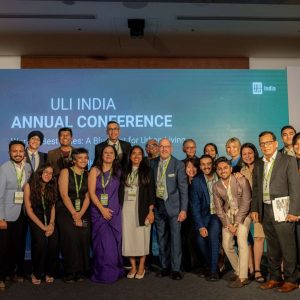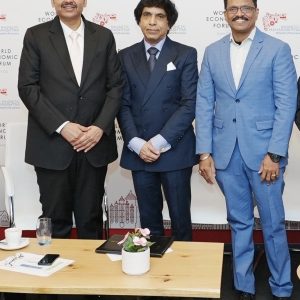The Congress is working to settle disputes within the INDIA bloc in order to make sure that the coalition presents a serious threat to the ruling Bharatiya Janata Party in the months leading up to the Lok Sabha elections.
Today’s talks between Congress leaders and the Aam Aadmi Party will address one of the rifts that have allowed the Opposition alliance to finalize a plan for seat sharing in the 2024 elections.
The Congress and AAP have engaged in a passive-aggressive verbal exchange regarding their plans to contest state and Lok Sabha elections on multiple occasions since uniting in July of last year.
However, the Congress would require the backing of the AAP, which controls the governments of Delhi and Punjab, in order to take on the BJP at the federal level.
Discontent has grown within the INDIA alliance following the Congress’s humiliating defeats in the assembly elections of Rajasthan, Madhya Pradesh, and Chhattisgarh, with Arvind Kejriwal, Nitish Kumar, Akhilesh Yadav, and Mamata Banerjee missing some of the party’s scheduled meetings.
Finally, in response to pressure from its allies, the Congress has moved to resolve the divisive seat-sharing issue. According to sources, the party wants to complete the seat-sharing arrangements prior to the start of Rahul Gandhi’s Bharat Jodo Nyay Yatra’s next phase on January 14.
The Trinamool Congress and the Congress are at odds over seat-sharing in Bengal, and neither party is prepared to give ground. This presents another obstacle for the INDIA alliance.
In the past, the two parties have fought together in three elections: the 2001 assembly elections, the 2009 Lok Sabha elections, and the 2011 assembly elections. In West Bengal, the 34-year-old Left Front regime was overthrown in 2011 by the Congress-TMC alliance.
In order to overcome their disagreements and contest the elections together, a number of other parties in the INDIA alliance have been cooperating.
In an effort to clarify his comments made during the most recent INDIA meeting regarding Hindi being the national language, Bihar Chief Minister Nitish Kumar contacted his counterpart from Tamil Nadu.
By turning down a request for a translation during a meeting, Nitish Kumar ignited a linguistic controversy.

